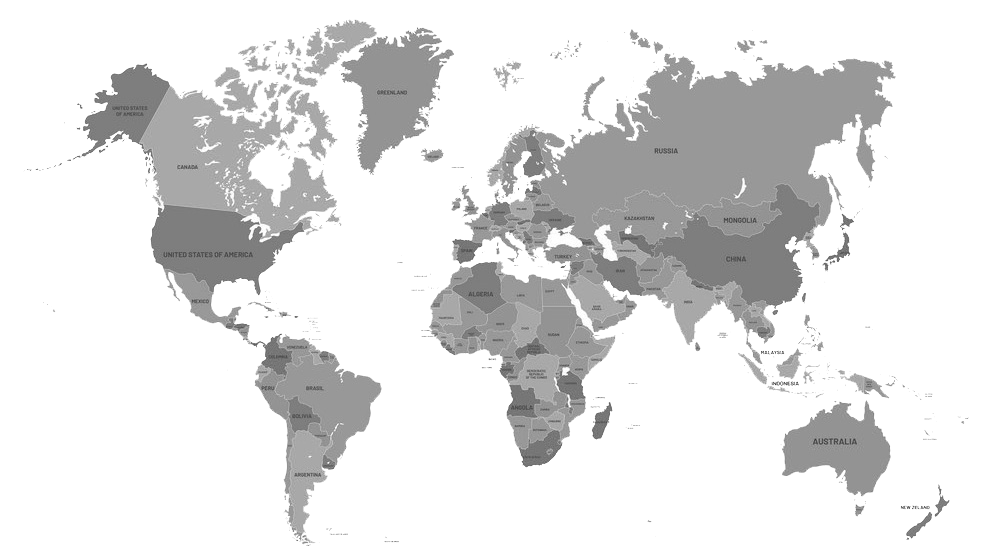
- Phone No: (+42) 348 952 11
Follow Us:
A global health crisis that spread rapidly, overwhelming healthcare systems, disrupting economies, and transforming everyday life. The virus challenged nations, communities, and individuals sparking an urgent call for science, solidarity, and swift action.
A global disruption that affected every corner of society impacting health systems, economies, and daily life. The virus spread rapidly, prompting urgent responses from healthcare workers, scientists, and communities worldwide. It marked a turning point in how we respond to global crises and underscored the importance of unity, resilience, and preparedness.

COVID-19 is a respiratory illness caused by the SARS-CoV-2 virus, first identified in late 2019. It spreads mainly through respiratory droplets.
Yes. New variants can spread more easily or evade immunity. Staying updated with vaccines and public health guidance helps reduce risk.
The virus spreads primarily through close contact with an infected person, especially through respiratory droplets when they cough, sneeze, or talk.
Wear a mask in crowded places, wash your hands often, maintain physical distance, and avoid touching your face.
Mask guidelines vary by location and risk level. In high-risk areas or crowded indoor settings, masks are still recommended even for vaccinated individuals.
Yes. People without symptoms can still carry and transmit the virus to others, making precautions essential.





32 Cases Report
20 Cases Report















Notifications